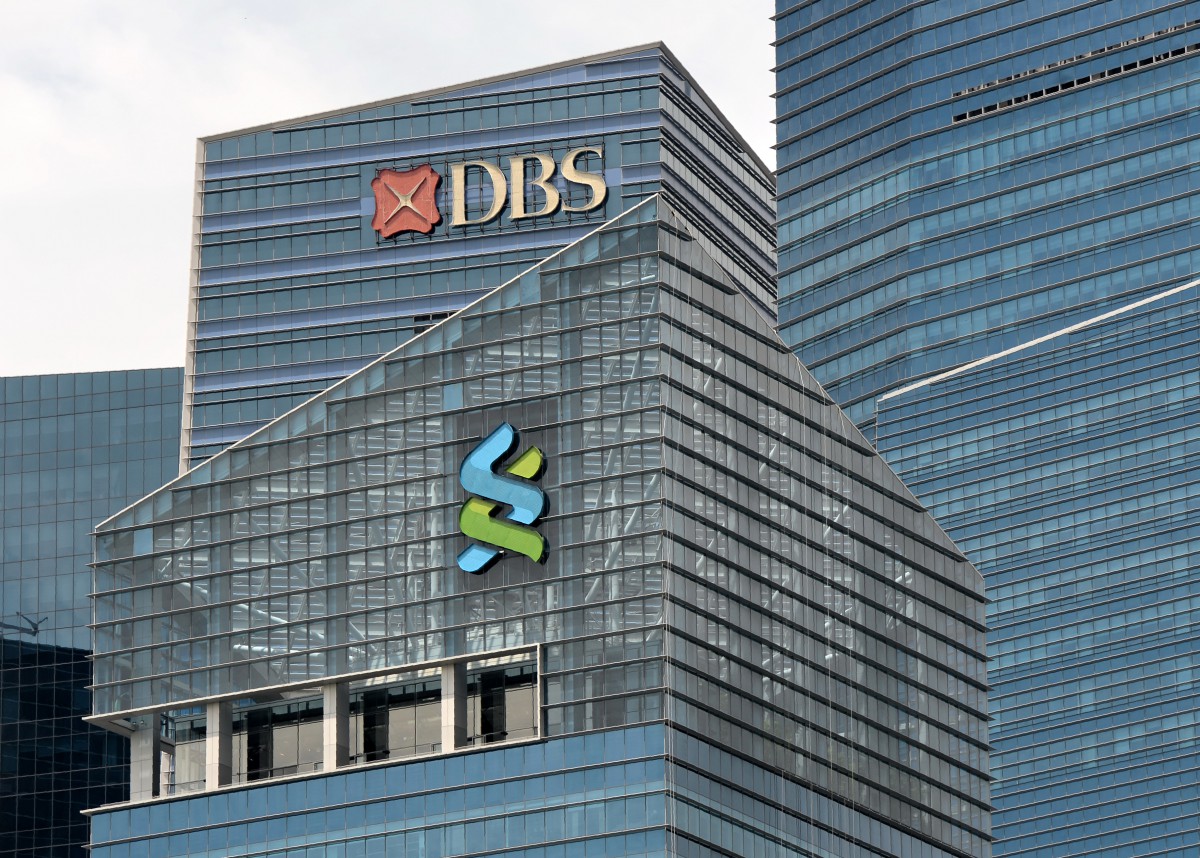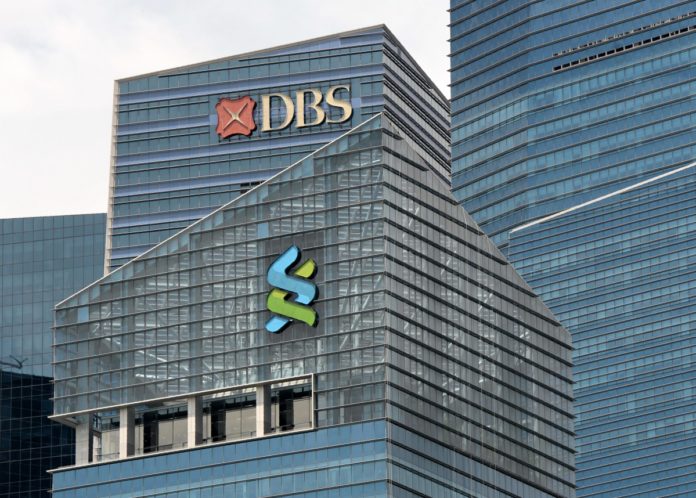SINGAPOREAN banks are seeing a drop in mortgage demands from the onset of the government’s cooling measures that threatened to accelerate declining property prices.
Property analysts say the property curbs have caused residential unit prices took a dip in the last quarter of last year for the first time in 18 months.
Derek Tan, an analyst at DBS Group Holdings, predicted the slowing demand for mortgages could contribute up to a three percent dip in prices, while sales of homes could plunge by 20 percent.
SEE ALSO: Singapore: 900 buyers cancelled flat bookings in 2018
Another analyst, Diksha Gera of Bloomberg Intelligence said the mortgage growth will not exceed two percent this year, while the latest data from the Monetary Authority of Singapore data showed home loan growth slowed to 1.9 percent between January and November 2018.
China’s economic downturn, coupled with Singapore’s surge in housing supply and rising mortgage rates in the city-state were factors weighing in on sentiment, according to Royston Foo, an independent property analyst.
“I expect the overall property market outlook to be weaker in 2019,” said Foo, who publishes on Smartkarma, as quoted by Bloomberg.
“Insecurity and bearish sentiment will result in potential buyers holding back purchases and adopting a wait-and-see approach.”

A DBS (top) and Standard Chartered bank logo (C) are seen on the building at Marina Bay financial district in Singapore on July 21, 2016. Source: AFP
The Demographia International Housing Affordability survey ranked Singapore as the ninth unaffordable location amongst the largest markets in the world next to Australia, Canada, Hong Kong, Ireland, New Zealand, the United Kingdom and United States
Earlier this month, DBS chief executive officer Piyush Gupta said the government’s new regulations introduced in July had hit the demand in mortgages, growing less than US$2.5 billion in 2018 compared to the US$4 billion predicted at the beginning of the year.
Singapore’s regulators saw the need to introduce the measures in wake of a seven percent hike in prices during the first half of the year owing to aggressive land bids from developers and collector or redevelopment transactions.
Other constrictions include the government limiting the number of “shoe-box sized” apartments that developers can build, along with additional anti-money laundering safeguards.
SEE ALSO: Records of Singapore’s property agents are now available online
The government insists that its intervention was crucial in avoiding a property bubble as home prices could have jumped by as much as 15 percent in 2018.
However, Singapore’s three largest banks, DBS, OCBS and United Overseas Bank were not expected to see a dent in earnings as the increased mortgage rates were expected to dampen the blow.
Nomura Holdings analyst Marcus Chua said the bankes raised home loan rates by 20 basis points on average in the past 90 days to just above two percent, adding they may climb to three percent.





